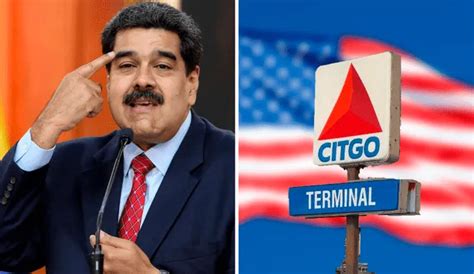
Retrieved
Venezuela’s upcoming presidential election on July 28 is widely anticipated to be neither free nor fair. Opposition candidate Maria Corina Machado has been prohibited from running, and her substitute has also been barred. The regime has announced the exclusion of EU election observers and has altered polling places to confuse voters. These measures are likely necessary for President Nicolás Maduro, who is polling at less than 20%, and in some polls, under 10%. Separate from the election, a U.S. federal judge is proceeding with the sale of Venezuela’s largest asset, the CITGO oil company, marking the largest court auction of an asset in history. This decision has been termed “truly extraordinary” and “rare,” with CITGO considered an alter ego of Venezuela, which allows creditors to benefit first from the auction due to crimes like expropriations committed by the Maduro regime. There are suspicions that the U.S. State Department may have a covert involvement in this process. This situation is seen as beneficial to Maduro. Since 2019, CITGO’s board has been under Venezuela’s opposition’s control, countering Maduro. If CITGO is lost, Maduro is expected to blame the opposition for losing “Venezuela’s foreign crown jewel” and its most valuable foreign asset. The auction’s timing is considered poorly planned as it concludes just weeks before the Venezuelan election. The legal processes around CITGO have been ongoing since 2017, raising the question of why they must conclude imminently before the election. Approving the final sale of CITGO requires a license from the U.S. Office of Foreign Assets Control (OFAC) at the Treasury. Some argue that the Biden administration could mitigate the potential repercussions by writing to the court to request a delay in the final hearing, pointing out that the auction’s timing—originally set before the election date was announced—now appears harmful to U.S. foreign policy and advantageous to Maduro. Although there’s no certainty this would succeed, not making the attempt seems inexcusable. Original text by by Elliott Abrams, published in -> CouncilonForeignRelations
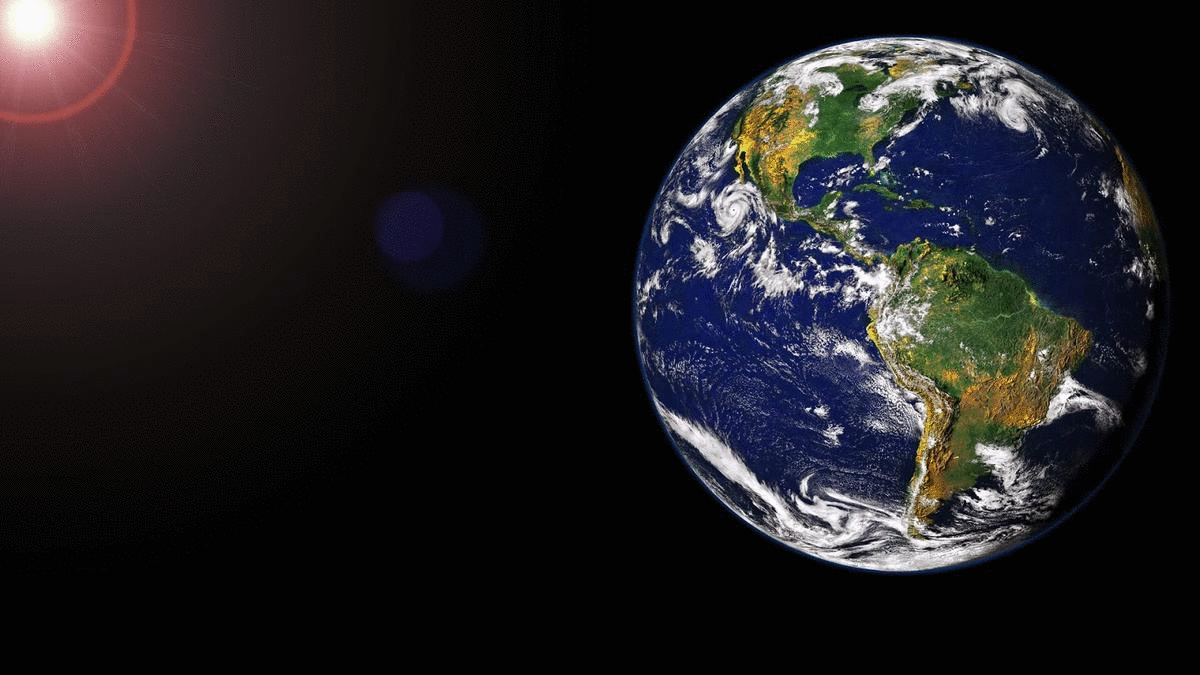
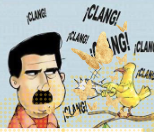
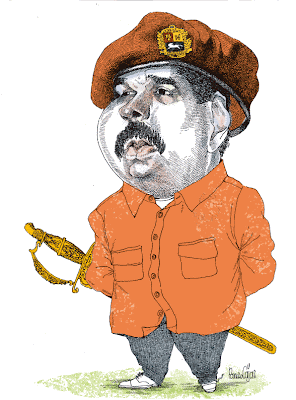
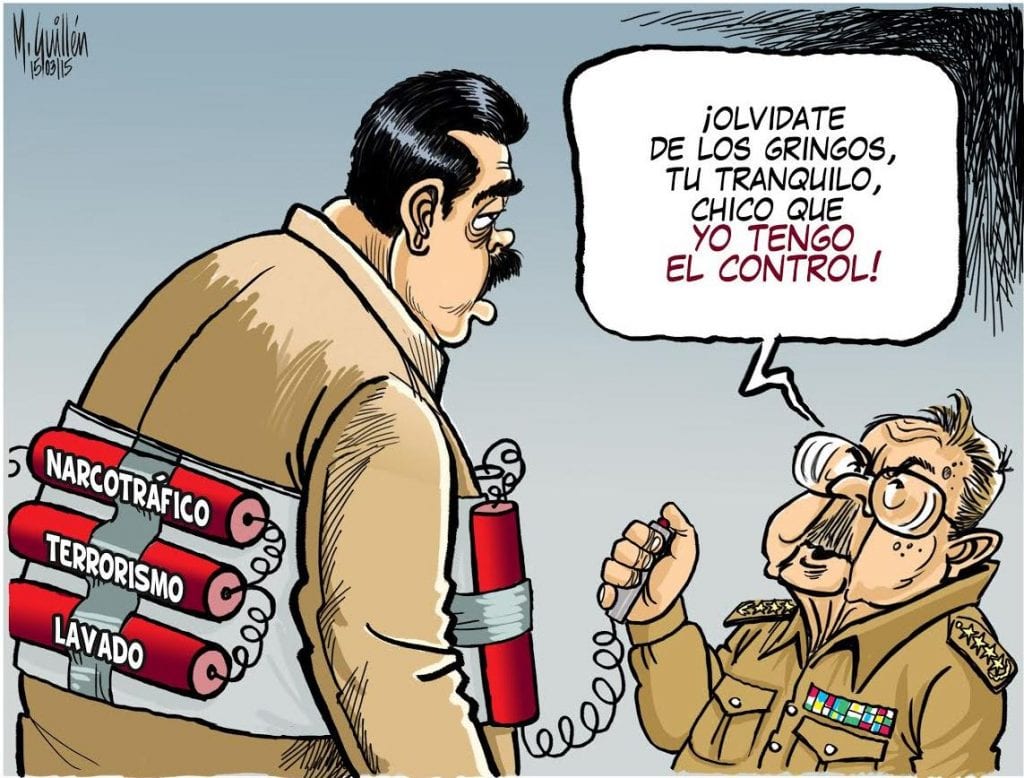
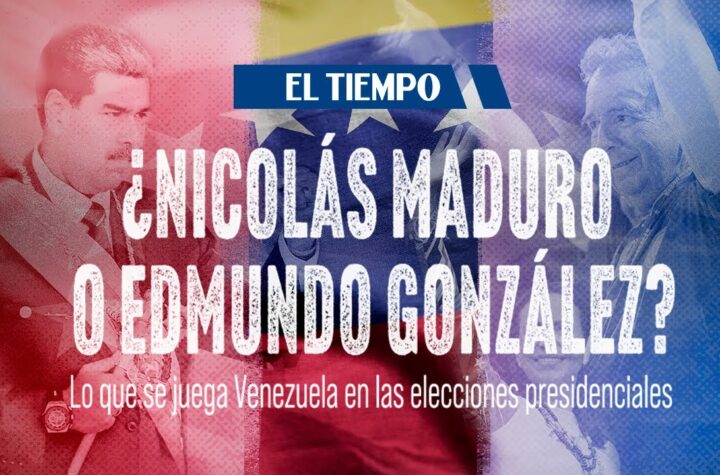
More Stories
Venezuela, elecciones entre pajaritos y mariposas
Maduro seeks to bolster military support ahead of next election
¿Qué hará Cuba el 28 de julio?